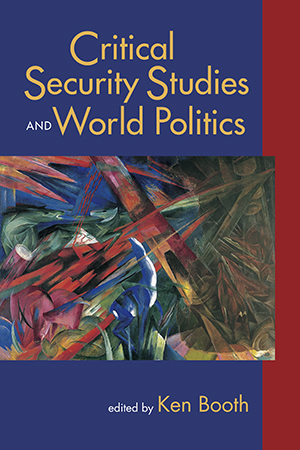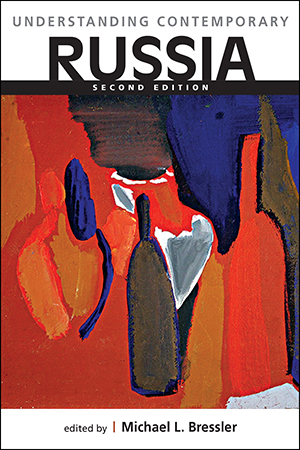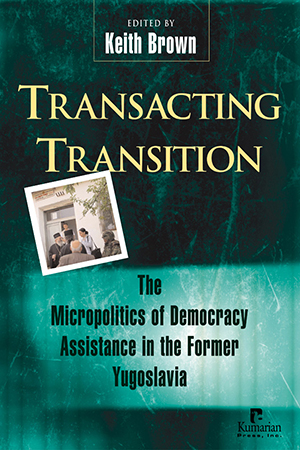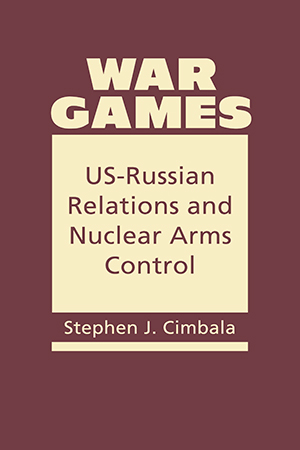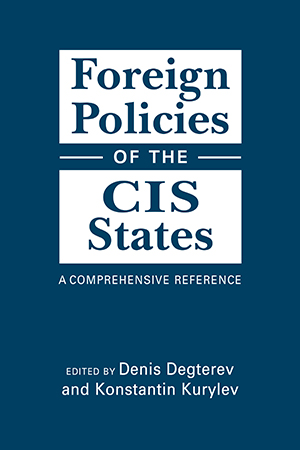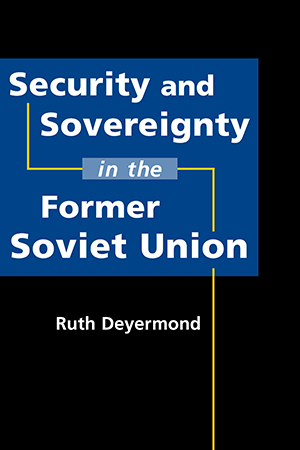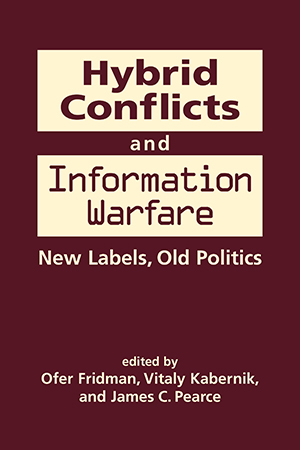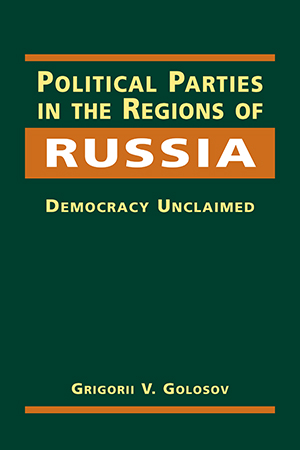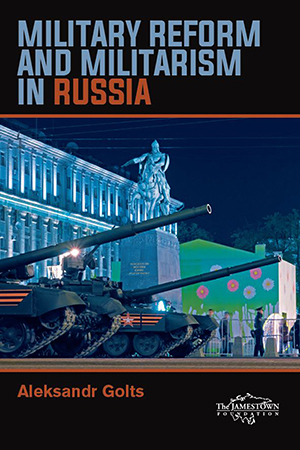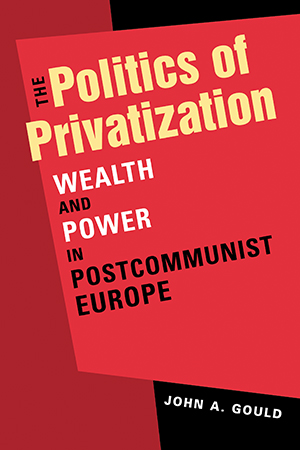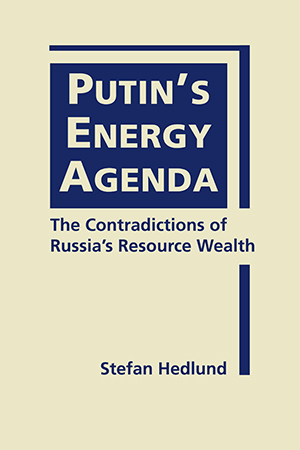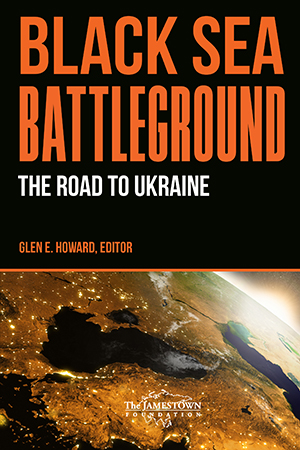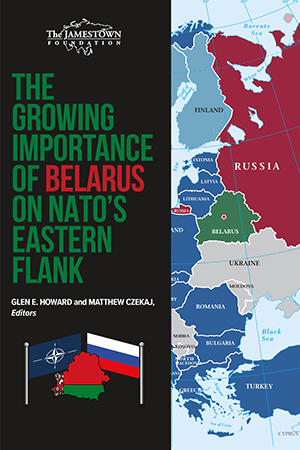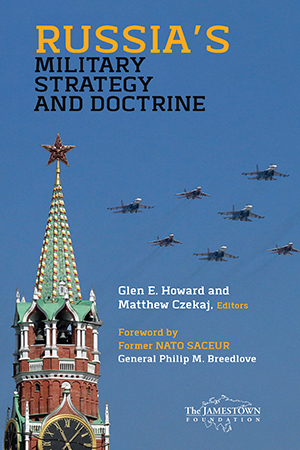Russia and the Former Soviet Bloc Politics
Offering a fresh perspective on Vladimir Putin's Russia, Katharina Bluhm demonstrates how an illiberal-conservative movement created in the 1990s to oppose neoliberal globalization has More >
Realist assumptions of security studies increasingly have been challenged by an approach that places the human being, rather than the state, at the center of security concerns. This text is More >
Russia today is in many ways different from the country portrayed a decade ago in the first edition of Understanding Contemporary Russia. With an upsurge of both national pride—despite More >
Focusing on cases of international intervention in Kosovo, Serbia, and Macedonia, the authors of Transacting Transition explore how the mission and vision of "democracy promotion" More >
Does it make sense for the United States to cooperate with Russia to resolve international security issues? Is it possible for the two countries to work together to reduce the dangers More >
How do the former Soviet republics that now constitute the Commonwealth of Independent States (CIS) interact with each other and with other regional and world powers? What are the conceptual More >
Among the contentious issues that come into play in relations between Russia and the other post-Soviet states, security concerns are arguably at the top of the list. Ruth Deyermond explores More >
What is hybrid warfare? And what role does information play in today's conflicts? In the context of the technological/information revolution of the last two decades—which has More >
Political parties typically are assumed to be essential for contemporary democratic government and governance. Why, then, has the regime change in Russia failed to produce viable political More >
Aleksandr Golts traces the evolution of the Russian military, from the collapse of the Soviet Union to the incursions in eastern Ukraine in 2014–2017. Golts also sheds light on the More >
In this remarkable story of postcommunist politics gone wrong, John Gould explores privatization’s role in the scramble for wealth and power in postcommunist Europe. Gould engages More >
The sudden arrival of massive energy wealth during Putin's long reign has turned Russia's focus to resources, with some good and some very bad results. Considering why the More >
Black Sea Battleground identifies and analyzes the key elements of a comprehensive US strategy for dealing with the cauldron of geopolitical and military competition in the Black Sea region. More >
The widely misunderstood country of Belarus, squeezed both literally and geopolitically between Russia and the West, was typically overlooked by post–Cold War military More >
How does Russia fight wars? How are its experiences with modern conflicts shaping the evolution of its military strategy, capabilities, and doctrine? Addressing these questions, the More >



